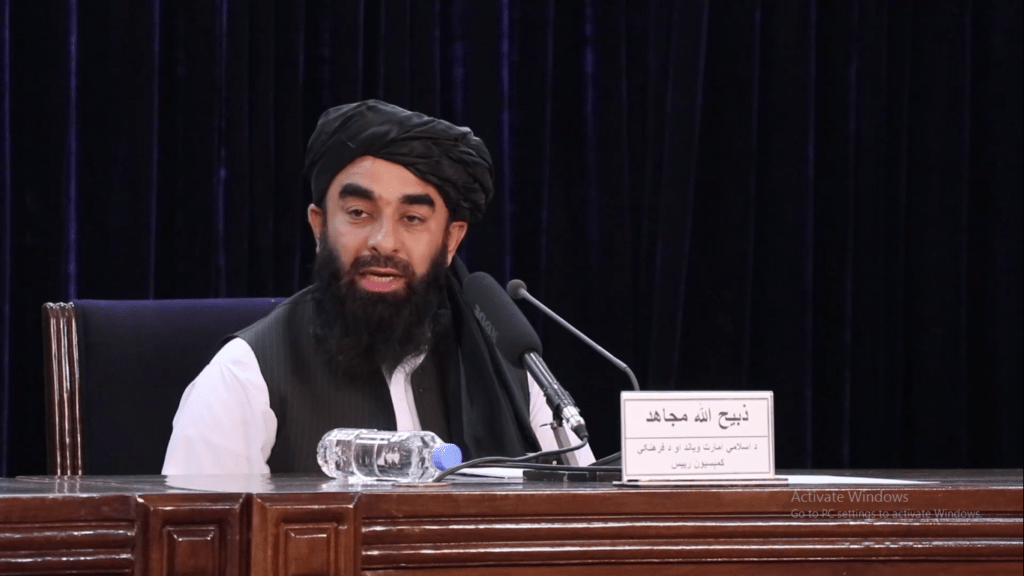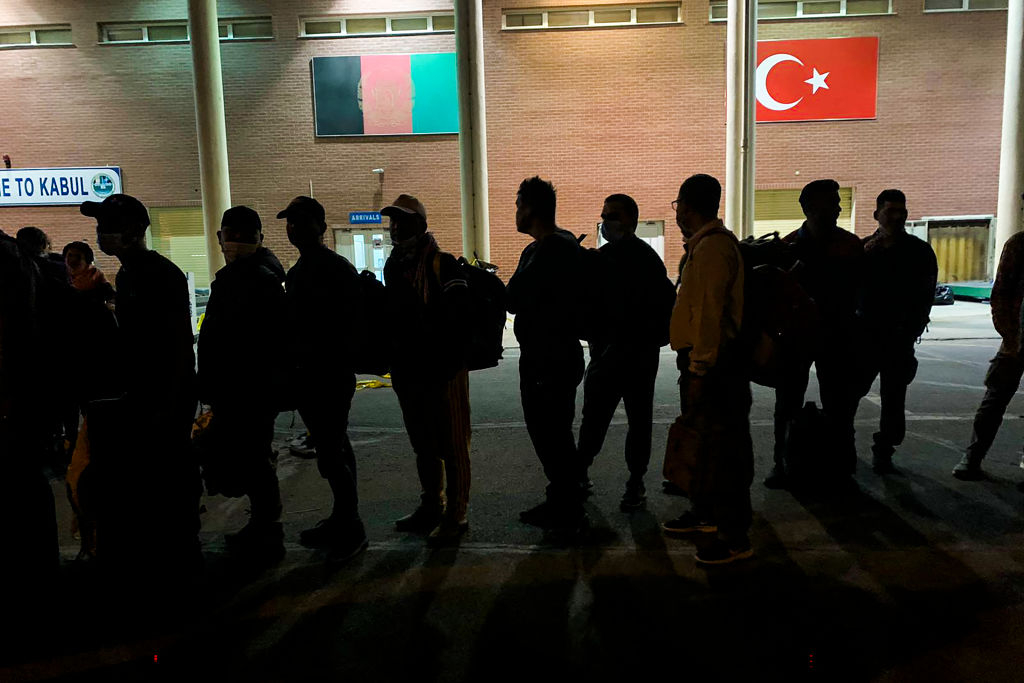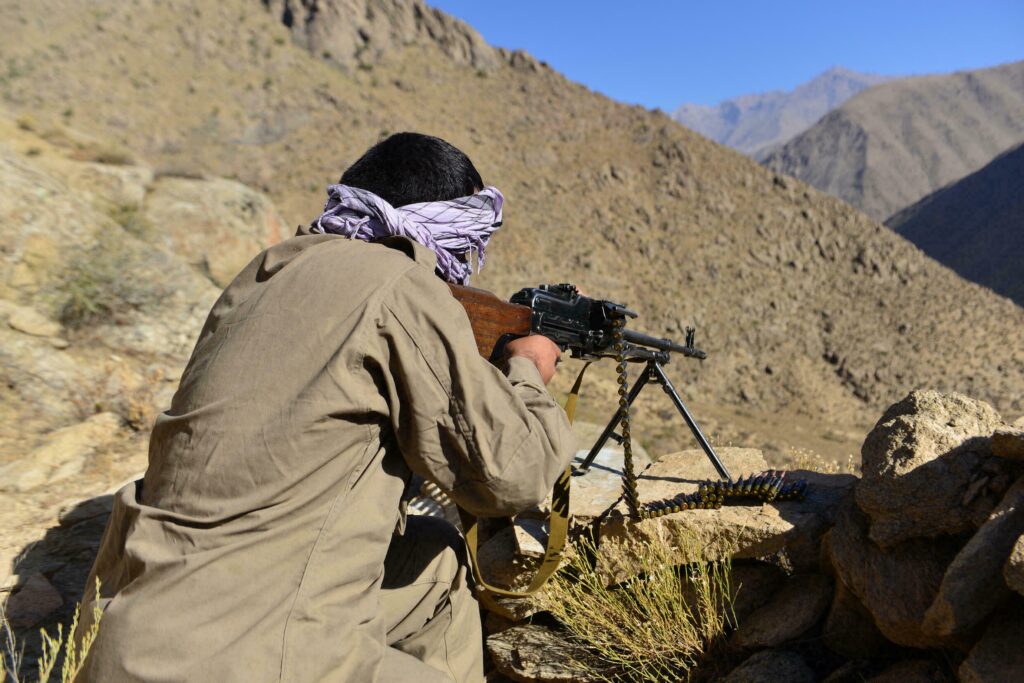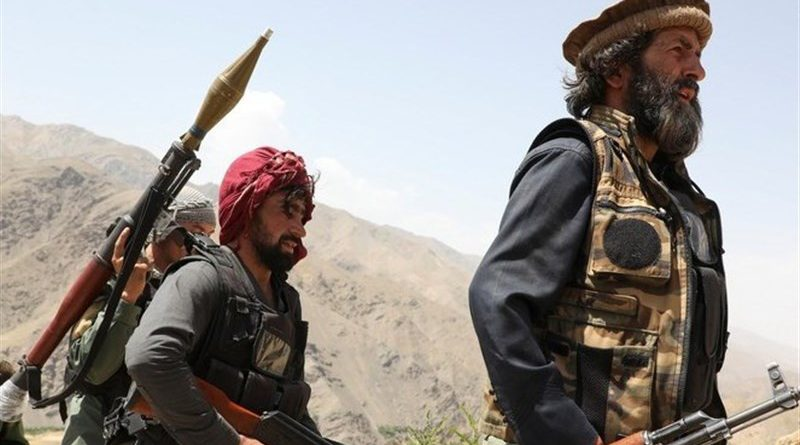Holdout region of Panjshir poses a challenge for the Taliban
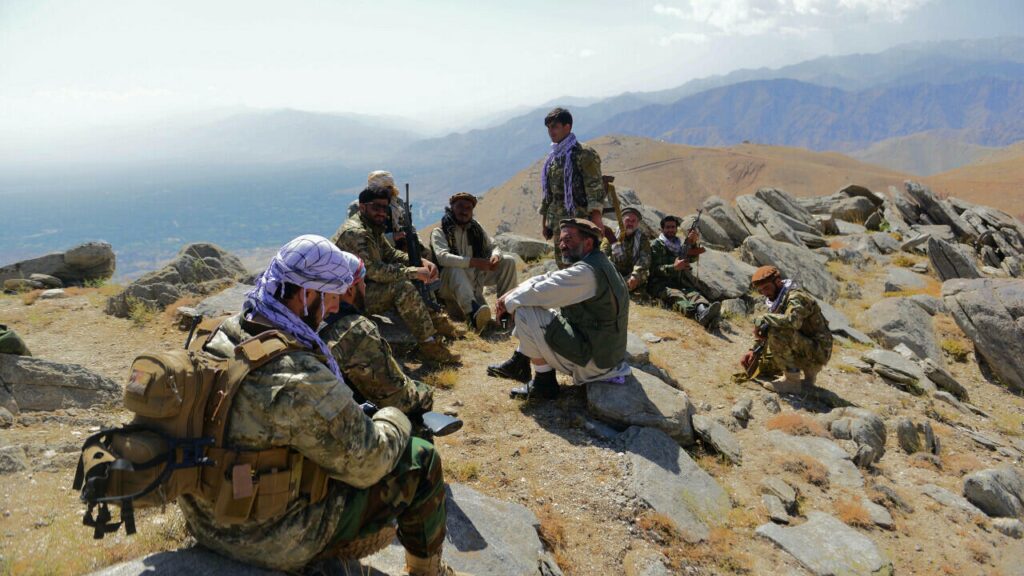
The Taliban said on Monday they had taken control of all of Afghanistan – including the Panjshir Valley, the historic Tajik bastion that neither the Soviets in the 1980s nor the Taliban in the 1990s were able to conquer. But resistance leader Ahmad Massoud – son of legendary anti-Taliban commander Ahmad Shah Massoud, known as the “lion of Panjshir” – says his forces are still holding out.


